Vitamin C is often touted as a wonder ingredient for skin care. Promises of brighter, smoother skin abound. And it’s not just the beauty industry that’s jumped on the Vitamin C bandwagon – many health experts tout the benefits of Vitamin C for overall health, including for the skin.
But do these claims really hold up? Let’s take a closer look at Vitamin C and its effects on the skin.
How is Vitamin C Used By the Skin?
Vitamin C is an essential nutrient that the body needs for many different functions. Vitamin C is a powerful antioxidant that helps to protect the skin from damage caused by free radicals. This vitamin stimulates the production of collagen, the connective tissue essential to healthy, youthful-looking skin.
Vitamin C is also important for healthy skin. Vitamin C helps to produce collagen, which is a key component of healthy skin. Vitamin C also helps to protect the skin against damage from ultraviolet light. In addition, vitamin C can help to reduce the appearance of wrinkles and fine lines.
What are the Benefits of Vitamin C on the Skin?
Again, Vitamin C is an antioxidant which means it helps to protect cells from external damage from the environment. It can also help to stimulate collagen production, which can in turn help to reduce the appearance of wrinkles. Vitamin C is also thought to help reduce inflammation and pigmentation.
So, does that mean you should start slathering Vitamin C all over your face? Maybe not. Vitamin C is a potent ingredient, and it can be irritating to some people, especially when used in high concentrations.
It’s also worth noting that Vitamin C isn’t a miracle cure all – it will help to brighten and improve skin tone over time, but it won’t work miracles overnight.

Types of Vitamin C
Did you know that there are actually multiple types of Vitamin C? That’s right, Vitamin C comes in many different forms, each with its own set of benefits and drawbacks. Let’s take a closer look at some of the most popular types of Vitamin C used in skin care:
- L-ascorbic Acid
- Tetrahexyldecyl Ascorbate
- Sodium Ascorbyl Phosphate
L-ascorbic acid is the most common form of Vitamin C. L-ascorbic acid is known for its powerful antioxidant properties, which can help to protect the skin from damage caused by free radicals. However, L-ascorbic acid can also be quite harsh on the skin, and it can be difficult to find formulations that are gentle enough for daily use. Luckily, my Booster Vitamin C powder can be added to ANY skincare product for a gentle dose of l-ascorbic acid.
Next, there’s tetrahexyldecyl ascorbate, which is 50 times more potent than traditional forms of Vitamin C. Tetrahexyldecyl ascorbate is able to pass through the lipid barrier and into the deepest layers of the skin. Interested in trying tetrahexyldecyl ascorbate? Check out my Vitamin C Cleansing Gel or 50x Anti Aging Vitamin C Serum from Doctors Preferred.
Finally, there’s sodium ascorbyl phosphate, which is the most stable form of Vitamin C. Sodium ascorbyl phosphate is gentle on the skin and provides excellent antioxidant protection. You can find sodium ascorbyl phosphate in my products 3D Lift Off! Glow Mask by Clinical Results 24|7, Collagen + 50x Vitamin C Anti-Aging Moisturizer by Doctors Preferred, and Firming Collagen + Vitamin C Mask by The Lab Direct.
The best Vitamin C to use? Truthfully, a mix of these promise maximum benefits and delivery for your skin.
Buy Vitamin C Skin Care
Now you know a bit more about the different types of Vitamin C used in skin care. So next time you’re shopping for a new product, be sure to check the label to see what type of Vitamin C it contains.
Still not sure where to start? Here are a few of my favorites formulated by me:


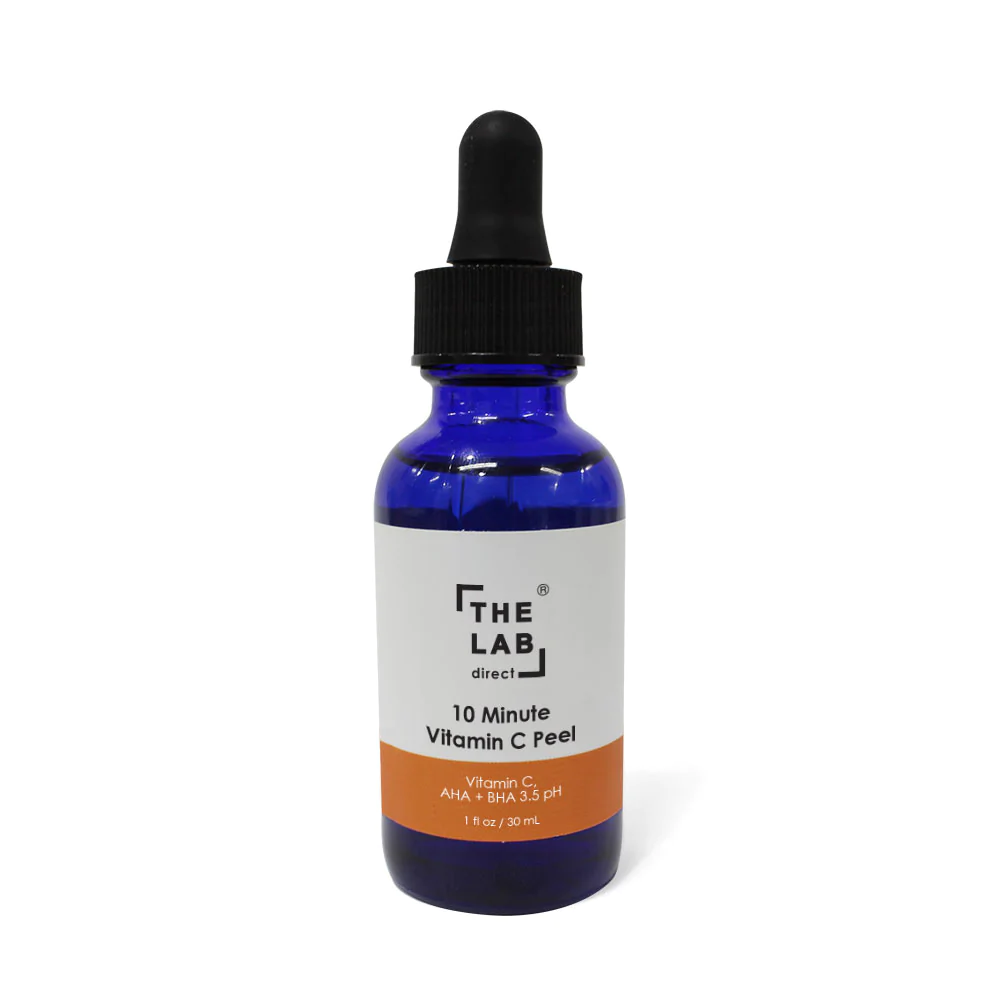
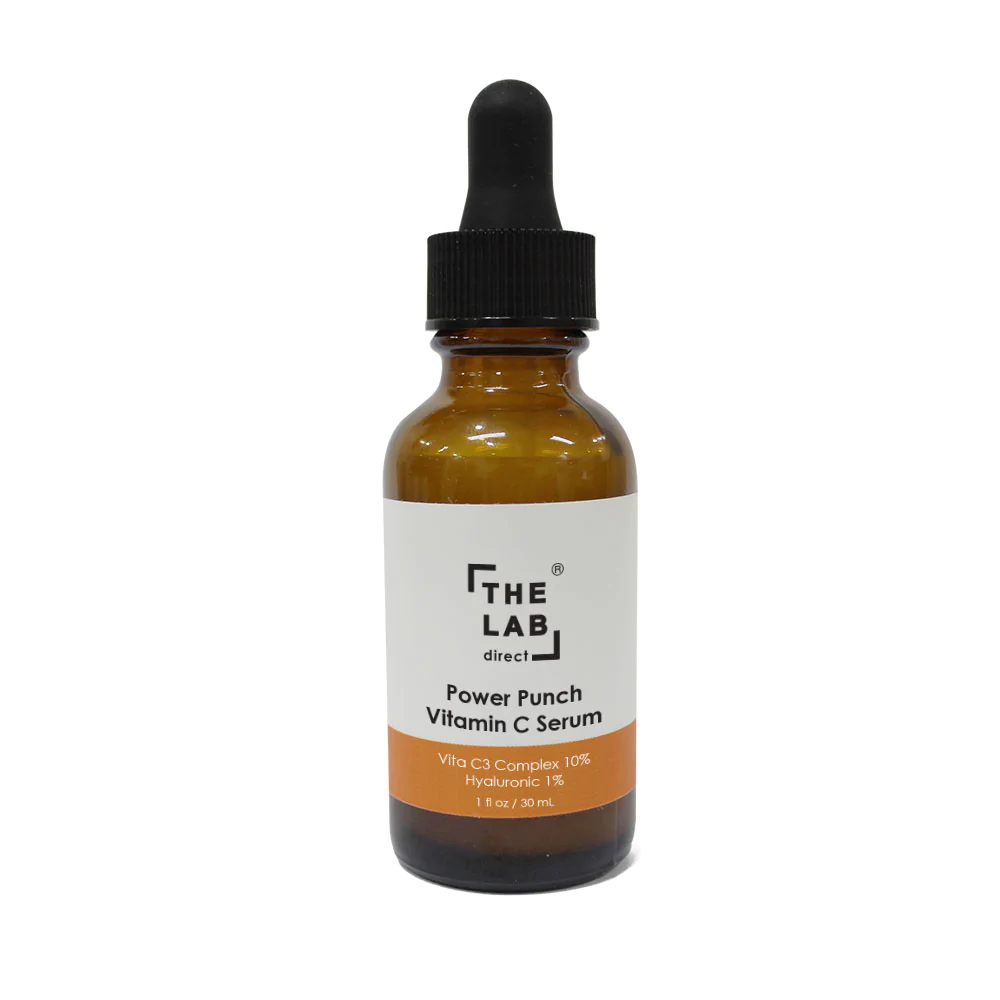
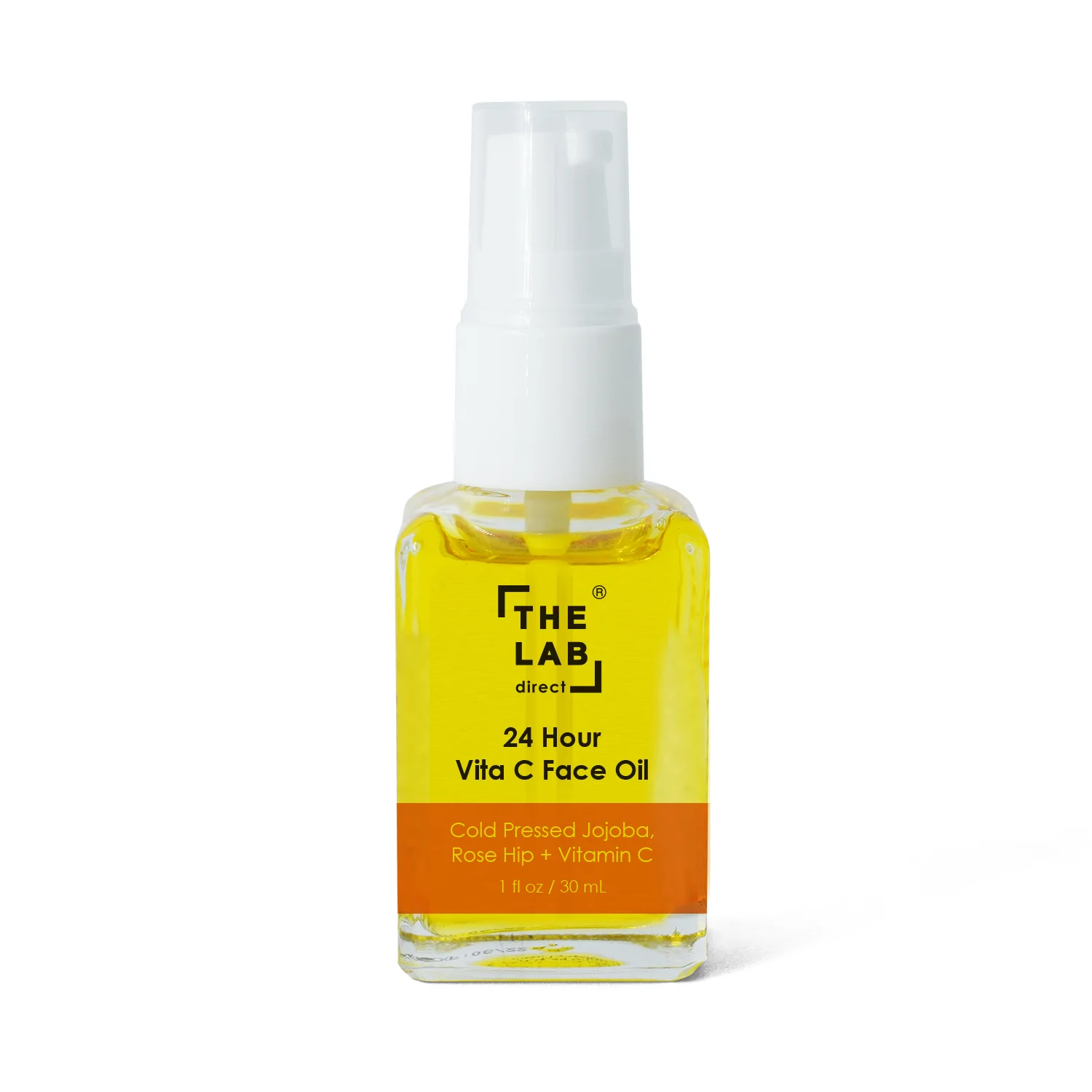
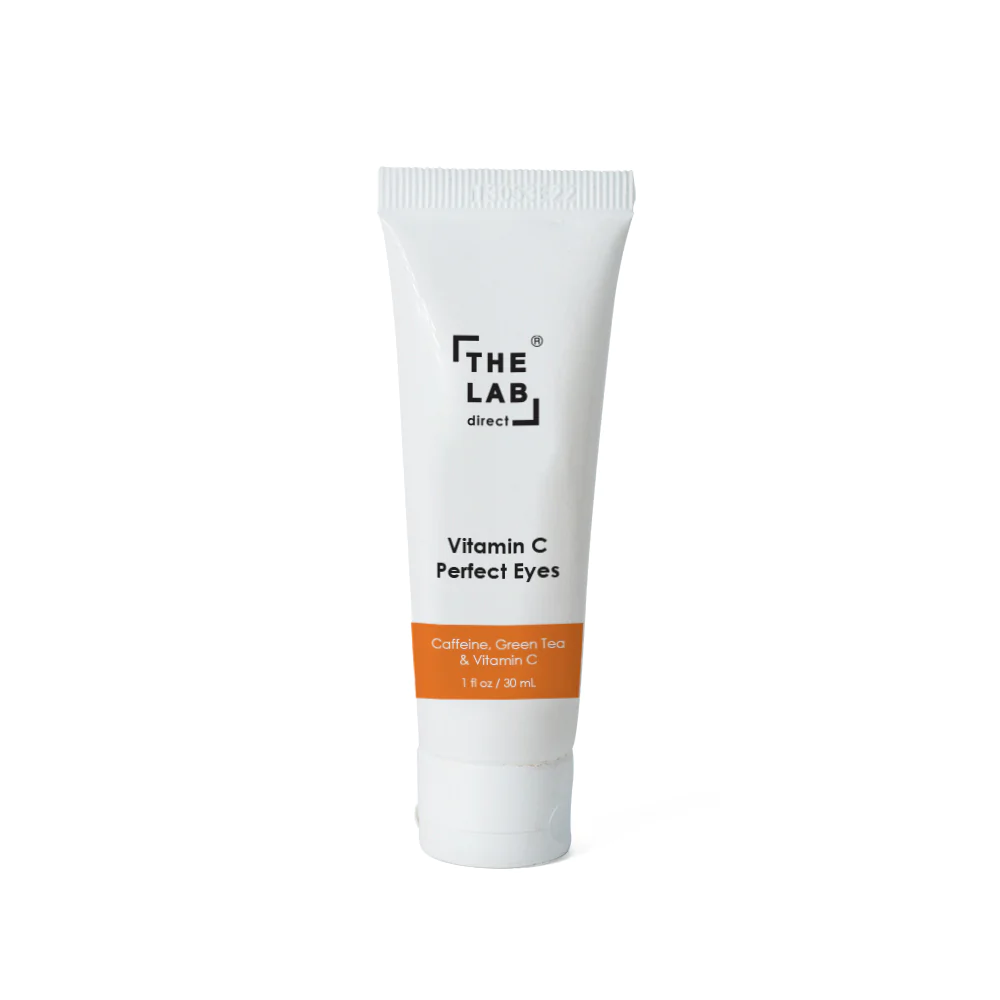
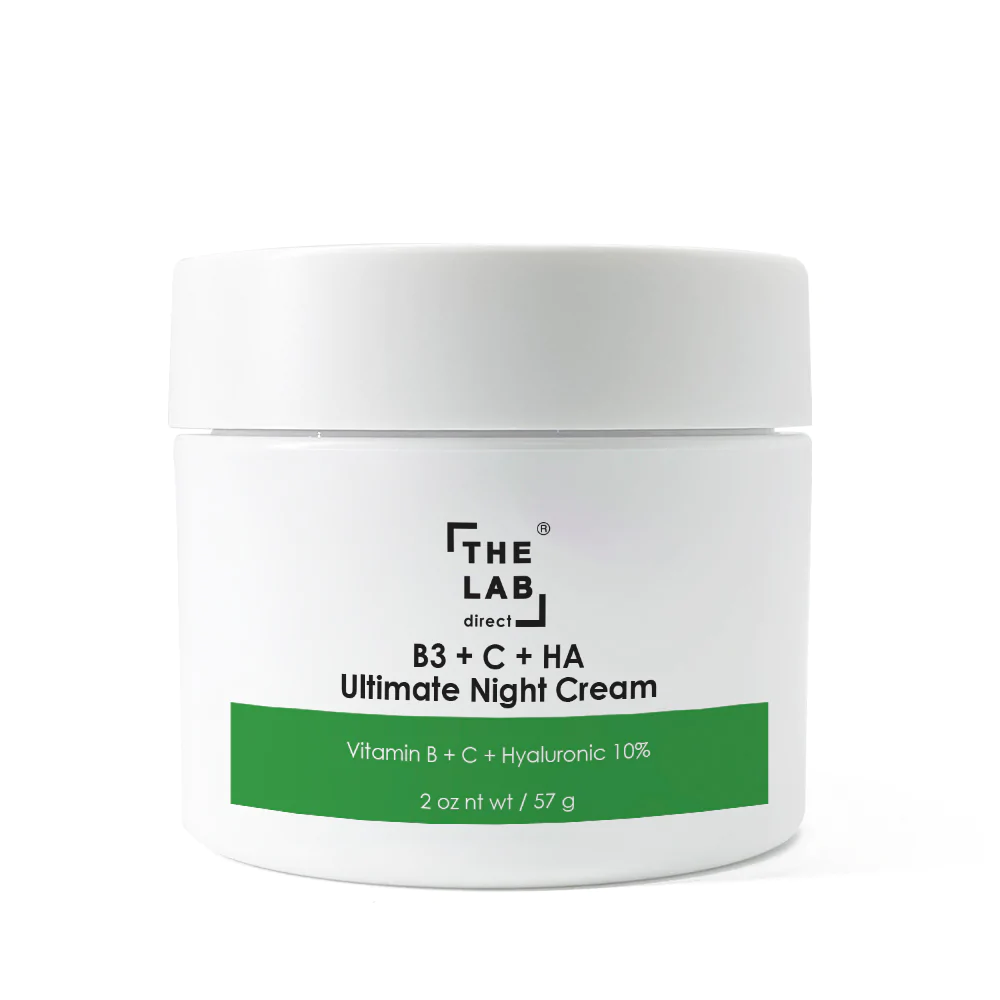
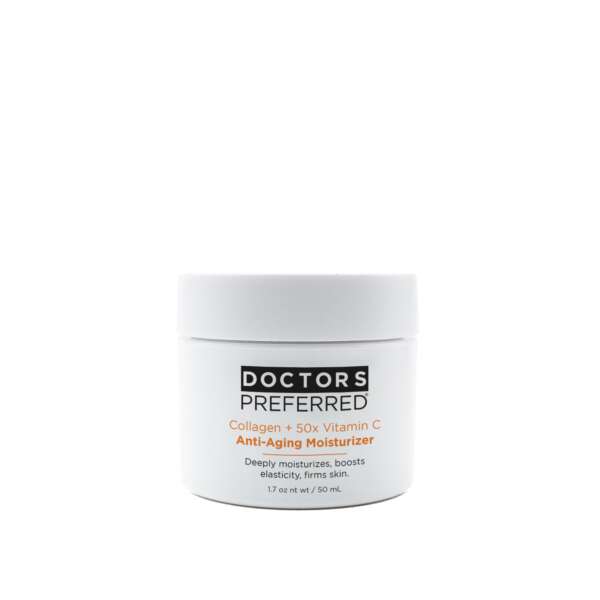

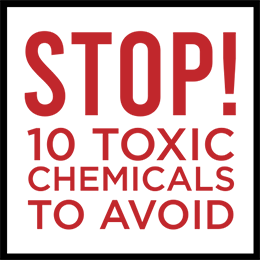

Comments are closed.